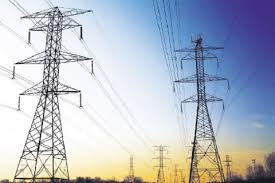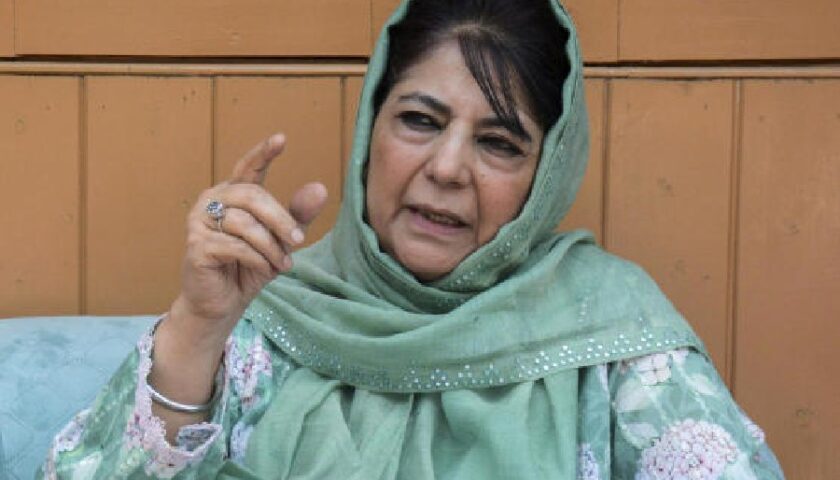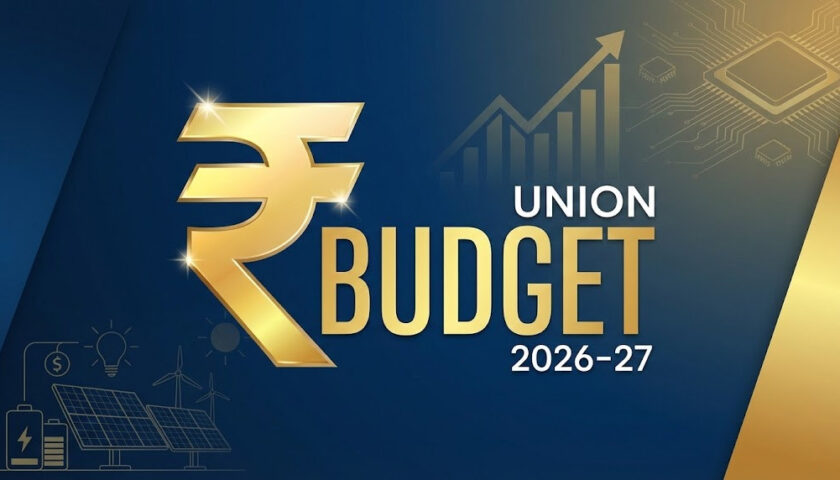 The Jammu and Kashmir government has spent a whopping Rs 4600 crore on power purchases from outside in 2015-16 to meet the state’s energy requirements, officials data has revealed. It has also revealed the state has spent Rs 32000 crore on power purchases from outside in the past 12 years (from 2004 to 2016).
The Jammu and Kashmir government has spent a whopping Rs 4600 crore on power purchases from outside in 2015-16 to meet the state’s energy requirements, officials data has revealed. It has also revealed the state has spent Rs 32000 crore on power purchases from outside in the past 12 years (from 2004 to 2016).Officials said the genesis of bulging expenditure on power purchases in Jammu and Kashmir, which has a potential to generate 20,000 MW hydropower, lies in ‘illegal occupation’ of power projects by the National Hydro Power Corporation (NHPC). This, they say, is denting state’s economy very badly by facilitating the “flight of capital” from cash-starved state as the government every year spends Rs 3000 to Rs 4000 crore on power purchase bills (on an average).
As per officials, the Power Development Department is heavily relying on power purchases from the Northern Grid, NHPC and other outside agencies to meets its requirements.
Recently it has come to fore through an RTI application that NHPC which is utilizing JK’s water resources has earned Rs 19000 crore in last 14 years, and out of this huge amount, the company has sold power to J&K to the tune of Rs 4000 crore.
The revelation has ‘revitalized’ demand for return of power projects held by the NHPC—a long-pending demand of civil society and business chambers in the state.
The year-wise details of power purchase bills of last 12 years reveal that state government has spent Rs 32,464 crore on power purchases from 2004 to 2016.
In the current fiscal 2015-16, the government has spent Rs 4600 crore on power purchases.
In 2014-15, the data reveals Rs 4,719.60 crore has been billed for power purchase from outside while the same was Rs 3, 945.85 crore in 2013-14, Rs 3870 crore in 2012-13 and Rs 3000 crore in 2011-12.
The break-up of other years on account of power purchase bills is: In 2010-11 (Rs 2200 crore); 2009-10 (Rs 1997 crore); 2008-09 (Rs 2034 crore); 2007-2008 (Rs 1750 crore); 2006-07 (Rs 1355 crore); 2005-06 (Rs 1674 crore) and 2004-05 (Rs 1318 crore).
Kashmir’s apex business chamber, which has been advocating cause of return of power projects from NHPC, says in coming years the state’s expenditure on power purchases will spurt with bulging demand of electricity.
“According to 16th All India Power Survey, the power requirement of the state is expected to reach 19,500 million units during 2020-21 which means that major portion of our budget will be needed to buy back power which is generated from our own water resources; this means we are losing from both sides,” said President of Kashmir Chamber of Commerce and Industry, Mushtaq Ahmad Wani.
“If we analyze the data of power purchases, it reveals that our expenditure on electricity bills is increasing and in future it will continue to witness an upward trend. This suggests we are losing substantial portion of our economy on electricity bills which could have used for developmental activities.”
He said there is no solution to this issue than getting back power projects from the NHPC.
As per the Economic Survey Report 2015-16, J&K has vast hydro potential estimated at 20,000 MW out of which only 16,480 MW is identified till date mainly due to resource constraints.
“Approximately 15 percent of total identified hydro power potential i.e. 2,457.96 MW has been exploited so far and out of which the state sector projects is only 760.46 MW,” the ESR report says.
“Out of total power demand of 17,323 million units at present, the power generation from the state-owned power houses is only 2562 million units. Bulk of electricity consumption in the State is by the domestic sector. With modernization and increased urbanization, per-capita energy consumption of the State has increased from 849.98 kWh in 2010-11 to 882.82 kWh in 2011-12,” the report reads.
The cash-starved state government had recently asked the central government to return the 390 MW Dul Hasti and 480 MW Uri-I power projects from National Hydroelectric Power Corporation (NHPC) to the state ownership to boost its economy, but the central power ministry denied the request, citing “legal and financial issues”.




